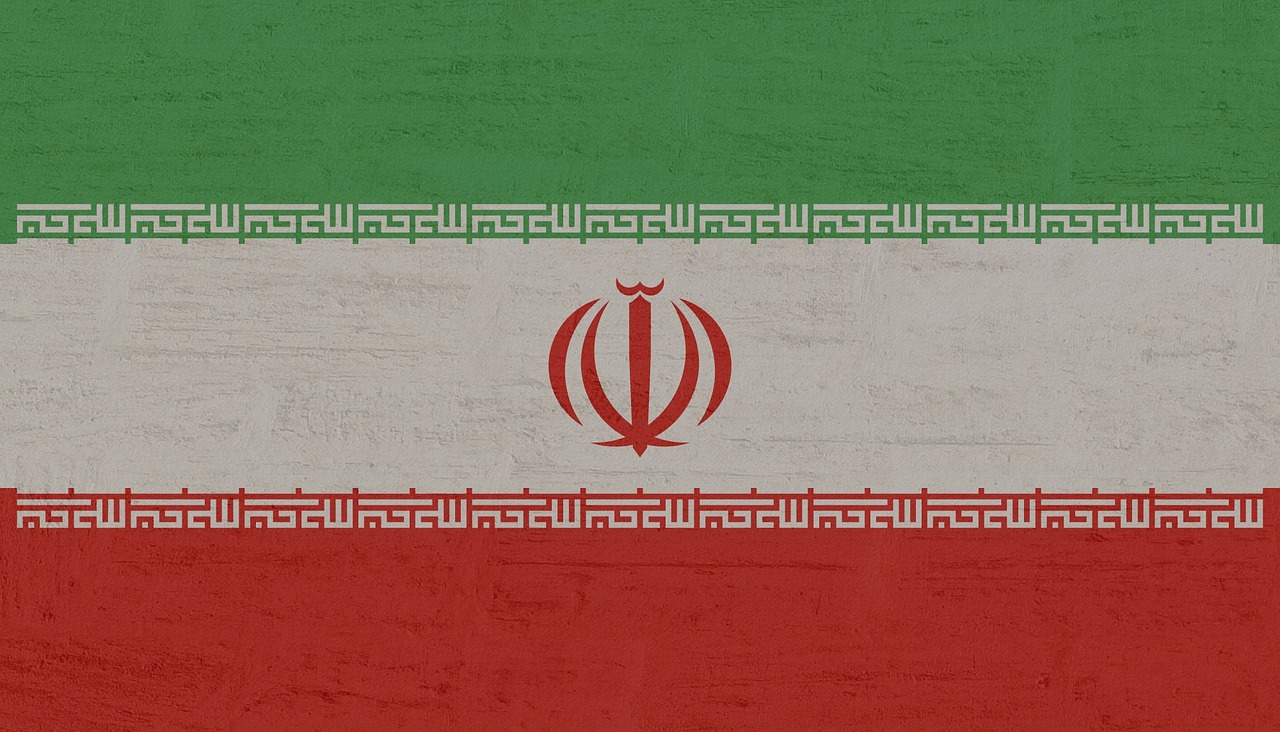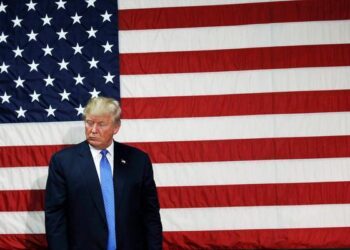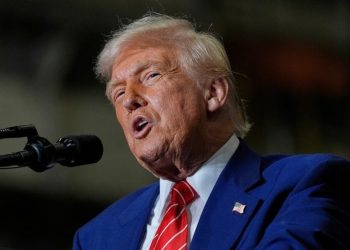The Strait of Hormuz, a narrow 50km-wide shipping lane between Iran and Oman, handles 20% of global oil trade – approximately 20 million barrels daily worth $600 billion annually. As tensions escalate following US strikes on Iranian nuclear facilities, analysts warn that Tehran’s potential blockade of this critical energy corridor could spike oil prices to record levels, disrupt 82% of Asia’s Middle East crude imports, trigger global inflation through manufacturing cost surges and cripple Gulf economies like Saudi Arabia (6M bpd exports).
China, India Face Severe Energy Shock From Potential Closure
Asian economies would bear the brunt of any shutdown, with China importing 90% of Iran’s oil exports and India relying on Hormuz for half its crude. Japan (74% dependence) and South Korea (60%) would face immediate fuel shortages, potentially forcing emergency strategic petroleum reserve releases. The timing couldn’t be worse for Beijing’s manufacturing sector, already grappling with economic headwinds that could now face 20-30% higher energy costs, according to Vortexa analytics.

How Iran Could Execute a Blockade – And How the West Would Respond
With the strait’s narrowest point (33km) lying within Iranian territorial waters, Tehran possesses multiple military options: Naval mines deployed by IRGC fast-attack boats, anti-ship missile batteries along the coast, and submarine operations targeting tankers.
However, US 5th Fleet assets in Bahrain stand ready to counter such moves, drawing lessons from the 1980s Tanker War when America escorted Kuwaiti crude shipments through mine-infested waters. Energy analyst Vandana Hari notes that while Iran could disrupt traffic for weeks, sustained closure would constitute “economic suicide” by alienating key buyer China and neighboring Gulf producers.
The Truth: Alternative Routes Can’t Fully Replace Hormuz Capacity
While Gulf states have developed contingency plans, their combined 3.5M bpd bypass capacity falls far short of Hormuz’s 20M bpd flow.
The US Secretary of State Marco Rubio has warned that any blockade would disproportionately harm Asian economies, urging China to pressure Tehran. With Iran’s parliament already approving a closure motion, the final decision rests with the Supreme National Security Council – but history suggests brinkmanship may prevail over actual shutdown, as in past crises.

















